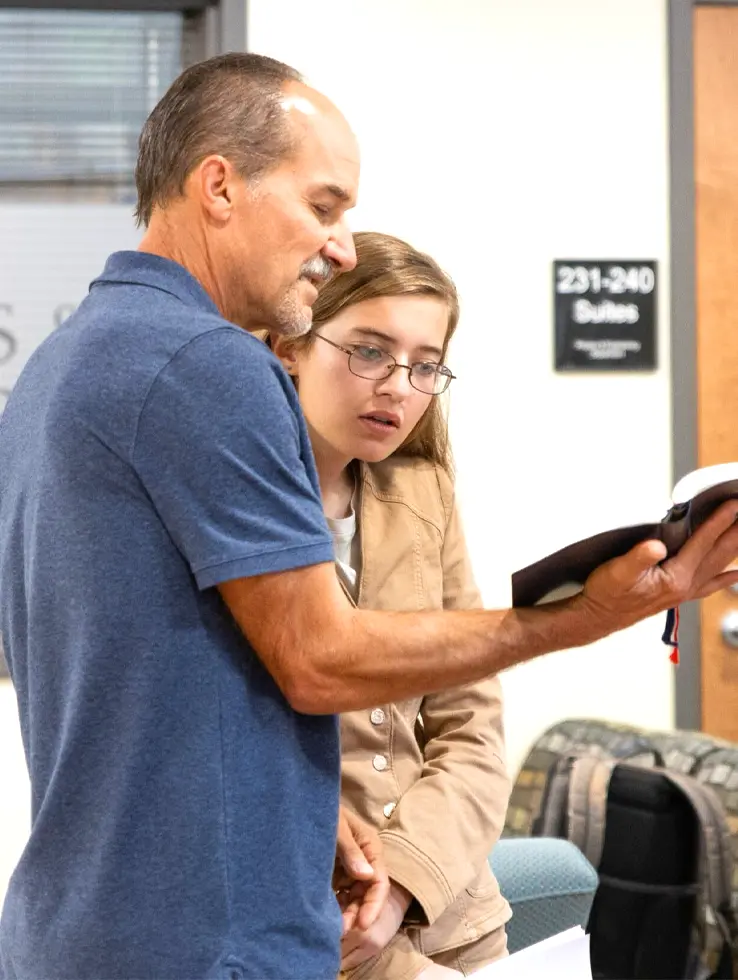-
-
- Financial Aid
- Financial Aid
- Scholarships
- Loans
- Grants
- Federal Work Study
- Additional Resources
-
Enhance your major with technology skills and abilities in problem solving, decision making and high-level analysis and strategy.
The world is filled with systems. The Information Systems minor will show you how to identify and describe processes, plan and manage projects, harness value through mathematical analysis and presentation of information gained. You’ll approach studying systems through sharpening analytical skills, experience working with data and databases, learning how enterprises achieve quality, and gaining insights into managing organizations and people.
Systems is a high-value interdisciplinary area with continued demand, and will give you a competitive advantage in your fields. You’ll be prepared to be more effective in the world as a result of being able to see the world in terms of systems, and of knowing how to work with information.
Build skills in:
Career opportunities:
Students interested in course descriptions and academic policies can check out our Undergraduate Catalog.
A Taylor liberal arts education will prepare you to live and work in a fast-changing world. It also goes a step further: laying a strong spiritual foundation that cultivates wisdom. You’ll become a well-versed individual, equipped with critical thinking skills, a lifelong love of learning, and an appreciation for God’s creation.

Contact
Jon Denning
Department Chair and Associate Professor of Computer Science & Engineering
765-998-4931
email
Contact
Lara Horsley
Computer Science & Engineering Program Assistant
765-998-5162
email
